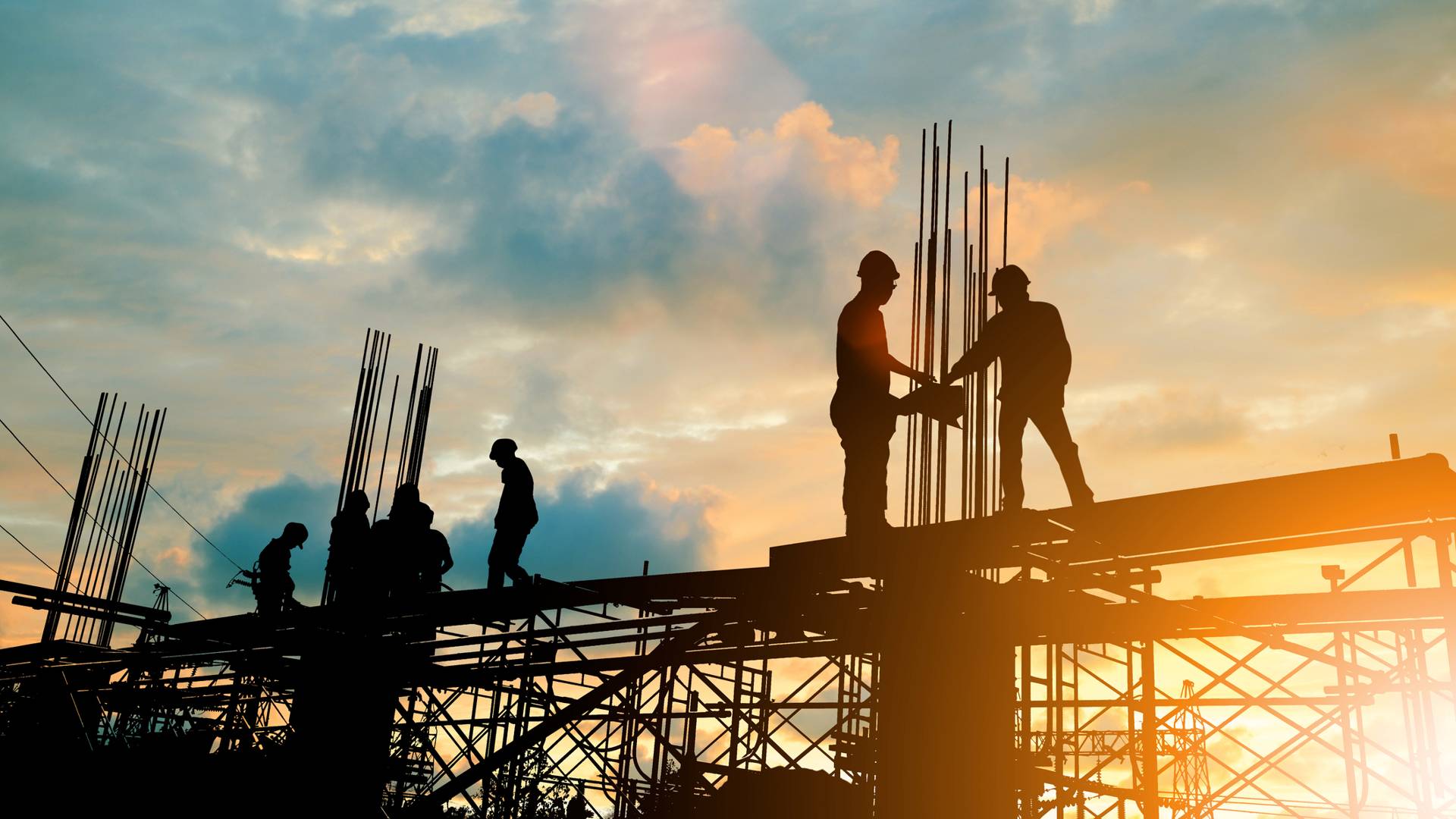Understanding Your Rights After an Oil Accident
Oil rig, field, or pipeline accidents can be overwhelming. Beyond the immediate injuries or property damage, there are environmental, financial, and legal consequences to consider. Knowing your rights and how to protect them is critical, especially when dealing with large companies and complex regulations.
How Environmental Laws Affect Your Case
Federal laws like the Clean Water Act and the Oil Pollution Act guide how oil spills and leaks are handled. They set strict rules for pollution and require detailed response plans. In personal injury or property damage cases, these laws can help determine whether a company acted responsibly and whether you are entitled to compensation.
Industry Standards and Compliance
Beyond federal rules, industry standards from groups like the American Petroleum Institute (API) outline proper safety practices. Courts and insurance companies often look at whether these standards were followed to determine negligence. Understanding compliance—or lack thereof—can be key when building your personal injury claim.
Who Can Be Held Liable
Assigning Fault
Liability can be shared among operators, contractors, and equipment manufacturers. Courts examine duty of care, negligence, and operational lapses. Determining who is responsible—and to what extent—requires careful documentation and legal guidance to protect your rights.
Corporate vs. Individual Responsibility
Sometimes executives or employees can face personal liability if they knowingly ignored safety protocols. This means that accountability can extend beyond the company, emphasizing the importance of pursuing every avenue for compensation.
Investigating the Accident
Gathering Evidence
Investigating oil accidents often involves remote locations and complex circumstances. Agencies like the National Transportation Safety Board (NTSB) may document equipment failures, environmental conditions, and operational errors. Collecting detailed evidence is crucial for strengthening personal injury claims.
Expert Testimony
Technical experts—engineers, safety inspectors, and environmental scientists—can clarify the causes of accidents and evaluate safety measures. Their testimony can significantly influence settlements or court outcomes, helping demonstrate negligence and damages.
Understanding the Impact
Environmental and Property Damage
Oil spills can leave lasting damage to the environment, homes, and businesses. Studies may show soil contamination, water pollution, or harm to local wildlife—all of which can be used to support compensation claims.
Economic Losses
Accidents often result in financial impacts such as lost wages, property devaluation, and community disruptions. Personal injury claims can include these economic losses, making skilled legal representation essential.
Navigating Complex Legal Situations
International and Cross-Border Incidents
Accidents in international waters or near borders involve treaties and maritime law, adding complexity to claims. Understanding these rules can affect how compensation is pursued.
Indigenous Land Considerations
When incidents occur on or near indigenous lands, cultural and legal considerations are critical. Compensation and mitigation efforts must respect land rights while addressing personal injury and property damage claims.
Get Legal Support for Oil-Related Injuries
Oil field, rig, and pipeline accidents can have far-reaching consequences, but you don’t have to face them alone. At Law Offices of Ruben Ortiz, we guide individuals and businesses through these challenging cases, protecting your rights and helping secure the compensation you deserve.
Call (915) 308-8850 today to discuss your situation with a team ready to advocate for you.

